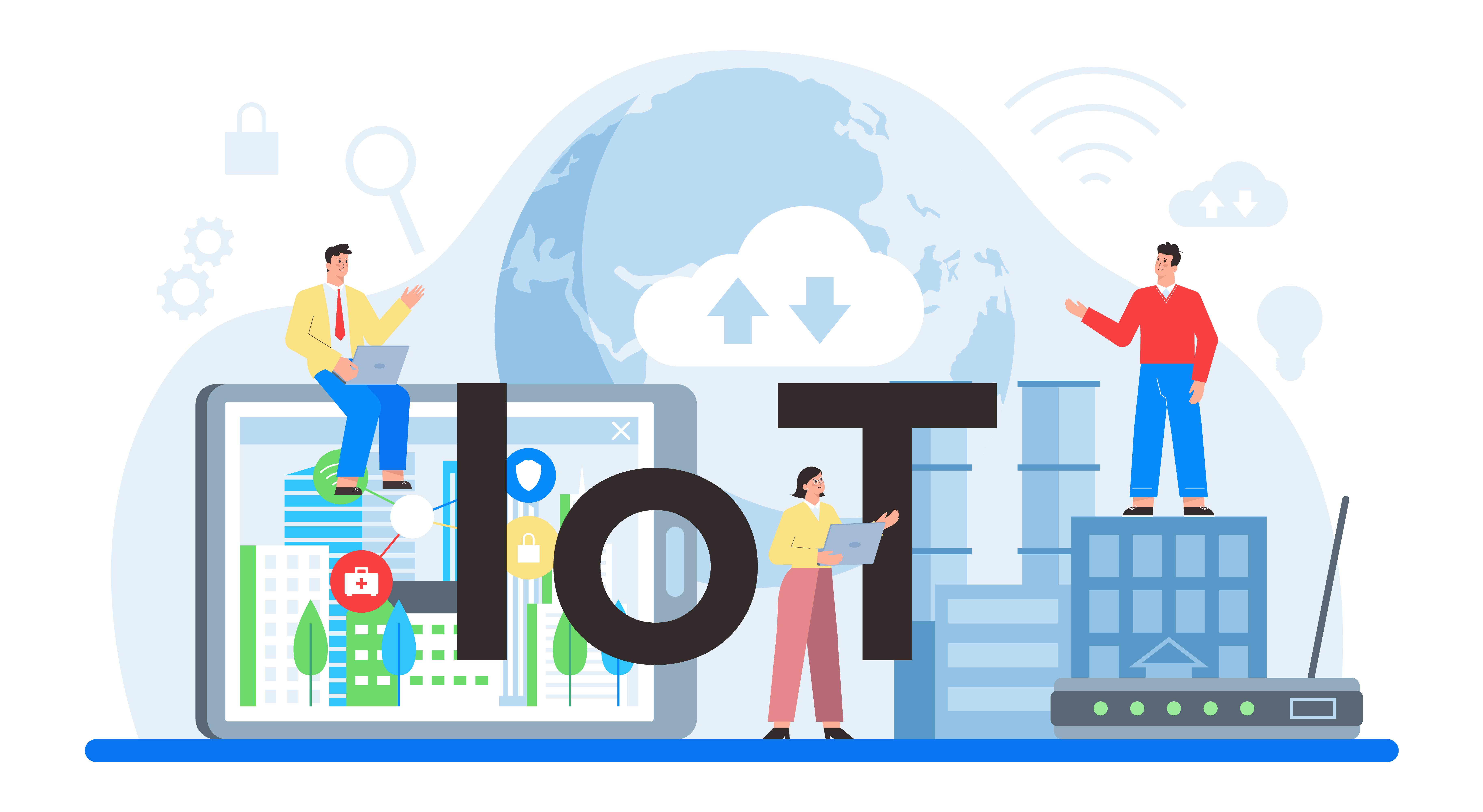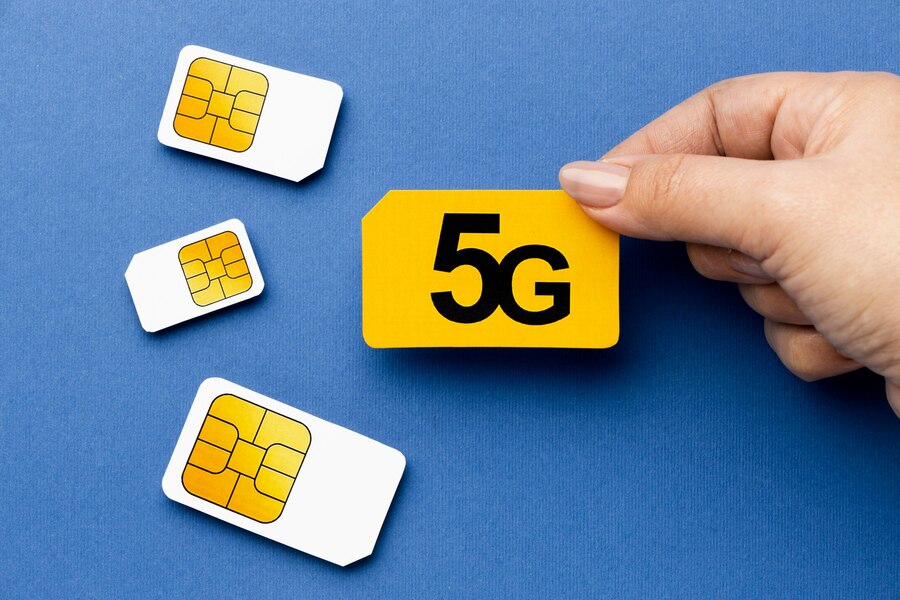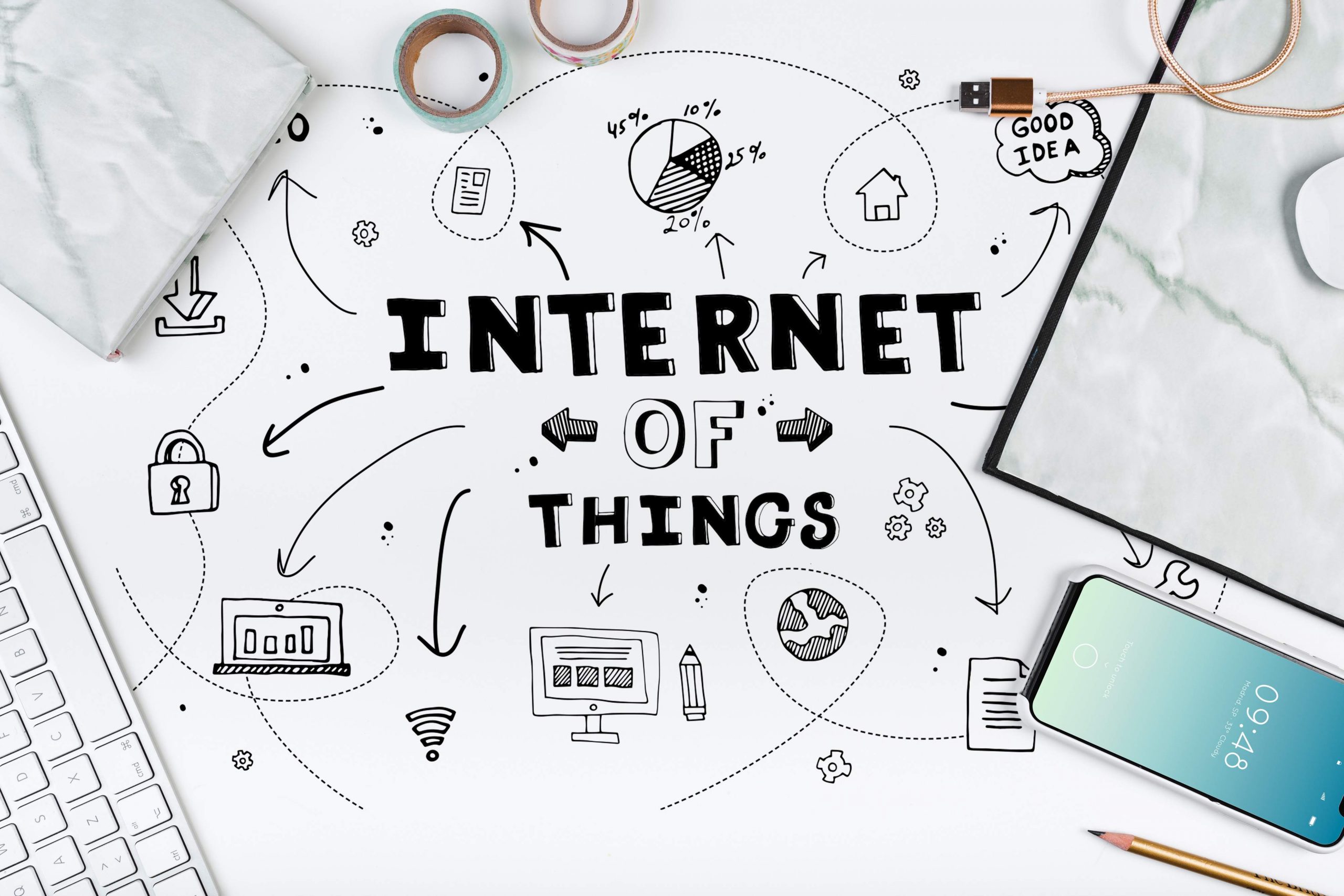How SIM Management Systems Streamline IoT Device Deployment
-
March 13, 2024
-
7 min read

Connectivity is the lifeblood of IoT projects, and the choice of connectivity governs every performance aspect, from range and reliability to device battery usage and data flow. Businesses need a simple, secure, and scalable connectivity solution for their projects to cope with the pace and dynamism of today’s world. That is where IoT deployment using a SIM management system comes to the rescue. It is a trailblazing connectivity solution, gaining popularity faster than a speeding bullet.
IoT Analytics shows over 29 billion IoT connections will be by 2027. The figure points to IoT technology’s crucial role in business growth and expansion. SIM management platforms are ideal for bridging between IoT devices and the cloud for such scale deployments for two reasons.
- They are standardized.
- They are global.
SIM management systems for IoT or cellular IoT present exciting potential. But is the excitement real and business-worthy? The answer lies in understanding how it works and delivers a competitive edge.
IoT deployment with SIM management system: How does it work?
Simply put, SIM-based IoT anchors physical IoT devices to digital clouds by piggybacking the cellular network. Devices use a SIM card to talk to the network, and the unique SIM ID acts as a passport. Major carriers such as Airtel become the gatekeeper that allows/disallow an IoT SIM based on its authenticity and authorisation. The system envelops several components.
Chipset, Module, and Modem
IoT devices contain a chipset that performs authentication and frequency control and a module with features like antenna port, memory, and processor. A modem is a more sophisticated component that combines chipset and module with hardware interfaces, applications, SIM card slots, and device certification.
IoT SIM Card
IoT SIM cards can function with devices with varying needs. Businesses can remotely manage these SIMs in bulk, enabling simultaneous interaction with the entire device fleet.
Device Gateway
Typically, the cellular partner provides a gateway to the Internet. It acts as an interface between cellular devices and the Internet for data exchange.
Network coverage
IoT deployments using SIM management platforms use the provider’s already-established commercial cellular network. Leading providers, such as Airtel, ensure high-speed connectivity and extensive reach.
Faceoff: IoT SIM management vs other technologies
While cellular IoT is secure, scalable, and simple to set up and use, the biggest drivers of its charm are the extensive reach and time-tested reliability of cellular networks. However, many initial IoT projects still rely on WiFi and LoRaWAN. An objective comparative study reveals why the popularity of SIM-managed IoT is soaring high.
IoT SIM deployment: Fuel for futuristic businesses
IoT deployment is challenging, especially with mobile devices or in remote areas. For these applications, WiFi coverage is not very reliable. In such events, cellular IoT, with all its merits, wins hands down. It is highly secured, scales easily, and delivers exceptional interoperability while reducing other overheads. Here’s a quick rundown of the benefits of SIM management platforms for IoT deployments.
Robust security
SIM management systems provide end-to-end security for IoT deployments. IoT devices connect to a cellular network, authenticating users using operator-issued SIM cards. Users log into the network only once instead of signing in through every new device.
Inherent traffic encryption by modern mobile networks further prevents attackers from accessing IoT devices. Unlike WiFi and peer-to-peer radio, cellular IoT bars peers from inspecting the setup. It protects against threats like eavesdropping and device tempering.
Unmatched Simplicity
Simplicity is one of the cardinal benefits of IoT deployments using SIM management platforms. Businesses can opt for IoT services and connect devices to the Internet using operator-issued SIM cards.
After simple deployment, the devices are ready for operations. It eliminates the need for complicated, time-consuming on-site hardware setups. With technologies like eSIM, SIM-based IoT provides cost-effective and future-ready solutions for connecting devices for their entire lifetime.
Greater deployment flexibility
Flexibility is one of the critical drivers steering businesses towards SIM-based IoT. Devices powered by WiFi connectivity often face the challenge of fixed locations and limited coverage. On the flip side, users can deploy their cellular IoT devices from any place that offers cell coverage. They can also activate the device remotely.
Extended coverage
Flexibility brings up another advantage: extensive coverage. Cellular companies have a vast infrastructure, providing connectivity across the globe. The network extends everywhere, from large buildings to underground subways. Capitalising on these networks, they enable ubiquitous connectivity for IoT devices. Airtel has the most extensive network pan-India, supporting IoT deployments even in remote, rural areas.
Cohesive management
IoT devices managed using SIM management systems unshackle businesses from static internet connections tied to a location. They can authenticate and provision eSIM devices remotely and on the go. For instance, a manufacturer can manage and provision devices at multiple facilities worldwide using a single SKU.
Reliable, real-time analytics
SIM-based IoT establishes reliable connectivity for devices. It allows devices to collect data and efficiently relay it in real-time. Accurate and timely data fuels the analytics and empowers businesses with valuable insights for quick decision-making. For example, real-time cellular data from smart machines to the manufacturing floor helps streamline troubleshooting, preventive maintenance, and other optimisations.
Scalability at an affordable cost
Cellular networks are widespread and are growing in every blink of an eye. Network capacity is no longer a constraint. Businesses can deploy any number of devices from anywhere.
Interestingly, all these benefits come at a very affordable price. The price of cellular data plans has reduced significantly in the past few years. Providers also allow flexibility in the usage and sharing of data plans.
Industries thriving with IoT SIM management
Despite facing tough competition from technologies like WiFi, IoT deployment using SIM management platforms has been consequential for many businesses. Here’s a brief look at what cellular IoT deployment brings to the table in different industries.
Automobile
Cellular IoT streamlines vehicle and driving management. It brings real-time telematics to the fingertips, empowering companies to make quick and informed decisions in daily operations. Some promising applications are:
- Fleet management.
- Vehicle monitoring.
- Driving behaviour management.
- Preventive remote maintenance.
- Comprehensive road safety.
Energy and utility
The demand for power utility is on a constant surge. According to BusinessWire, the global utility market is likely to reach $8,314.78 billion by 2027. IoT serves as a springboard for innovation amid rising demand and environmental concerns. Using SIM management platforms, IoT aligns the power sector with sustainability and helps navigate elementary industry challenges. Some prominent use cases include the following.
- Improving supply efficiency.
- Generation optimisation and load balancing.
- Workplace safety.
- Emission monitoring and reduction.
- Smart metering and consumption optimisation.
- Opening new business opportunities.
Logistics
SIM management platform is a huge success in deploying IoT solutions in logistics. It helps businesses to connect with the global supply chain with complete visibility into assets and vehicle distribution. Companies can increase efficiency and cost optimisation using real-time alerts and analytics. Some pronounced applications are:
- Delivery tracking.
- Route management.
- Goods monitoring in transit.
- Freight safety.
Financial services
IoT SIM management has given fintech a significant boost. Features like contactless transactions, daily data collection, and analytics have transformed payment processing and decision-making. Financial institutes can enhance customer experience and ensure security in investments, insurance amounts, advances and more. Some interesting use cases are:
- POS payments.
- Customer services.
- Credit risk management.
- Auditing.
Manufacturing
IoT has been pivotal in the emergence and growth of smart factories. Powering equipment with intelligent sensors and real-time analytics of the data they collect is the foundation of Industry 4.0. Bringing the cellular connectivity ensures a stable connection with remote machinery and minimises downtime. Some applications of IoT SIM management are:
- Predictive maintenance.
- Workflow management.
- Workers’ safety.
- Asset allocation and utilisation.
Crafting the face of futuristic IoT systems
IoT deployment is getting simpler and yet more powerful than ever. All it takes to connect a device to the Internet is activating a SIM. Using IoT SIM management, businesses can draw all the benefits of a cellular network regarding connectivity, security, reach, and scalability.
Airtel offers seamless, global coverage for IoT devices using various technologies, 5G, 4G, NB-IoT, 2G, and satellite, meeting your current and future needs. Collaborate with Airtel IoT to enjoy high-speed, secured, extensive connectivity to unlock a pandora of growth opportunities.
 Share
Share









